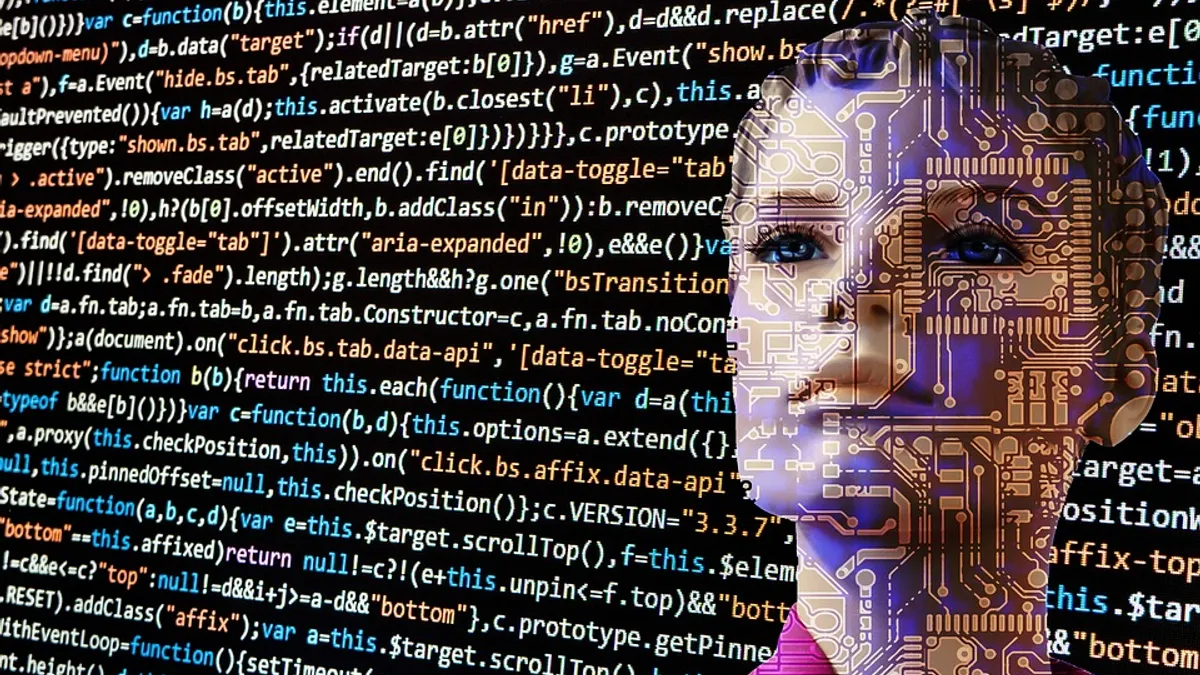Dive Brief:
-
Researchers at University of Montreal are partnering with ed tech firm Classcraft to explore the use of artificial intelligence (AI) to measure student engagement and survey potential classroom management changes. The research will take place with data collected on Classcraft’s technology, which attempts to use engagement managing tools to improve school climate, academic scores and social-emotional learning, Education Week reports.
-
This study reflects a movement aimed at deploying AI into schools in order to improve social cultures, but critics claim the technology could deliver the wrong information, as well as leave students’ personal data exposed to potential breaches, Education Week notes.
-
The Classcraft engagement management system — which the organization says is in place in 75,000 classrooms across 160 countries — lets educators give points for positive, supportive behaviors including empathy. However, the software currently does not predict how the points will improve the climate, nor does it offer teachers ideas to make changes.
Dive Insight:
Artificial intelligence is seeping into all sectors of the economy, and education is no exception. In fact, artificial intelligence in the U.S. education market is expected to grow 47.5% between 2017 and 2021.
Artificial intelligence is not expected to replace teachers, but it could alter the way their jobs are done. It could help with differentiating and individualizing lessons that allow students to progress at their own pace, and it can make lessons more interactive and fun for each student. AI also allows students to get as much tutoring as they need and stretches the boundaries of the resources and learning possibilities available in the classroom.
This trend could even the playing field for all by removing barriers like language and hearing impairments, and may even assist students with dyslexia. It also promises to reduce the amount of time teachers spend grading homework and even tests.
The idea of artificial intelligence teaching students may sound alarming to skeptics, but those in favor point to its current prevalence in the technology is already used in many other industries and areas of life. For example, Google’s search results reflect the location of the searcher, internet ads are based on previous searches, and Amazon and Netflix make book and movie recommendations based on previous selections. Amazon Alexa even takes the role of a person to respond to your questions and complete tasks.
For teachers, artificial intelligence can be beneficial in helping teachers take over the mundane or time-consuming parts of instruction and free up more time to spend with students and to plan their lessons. In addition, the data collected can help schools identify students that are excelling and those who are struggling and give each one the personalized supports needed to succeed. Theoretically, fewer students will fall through the cracks. Artificial intelligence won’t replace teachers, but it may give them more time and resources to do their jobs and help those they serve.












